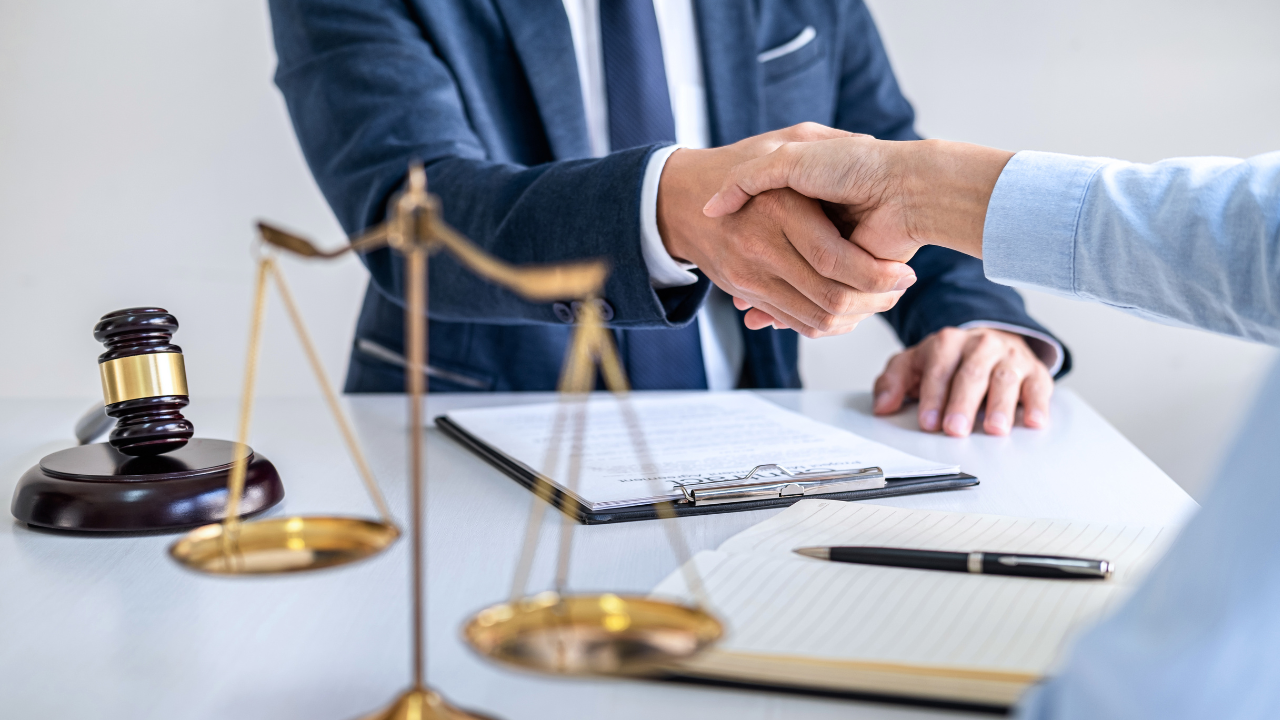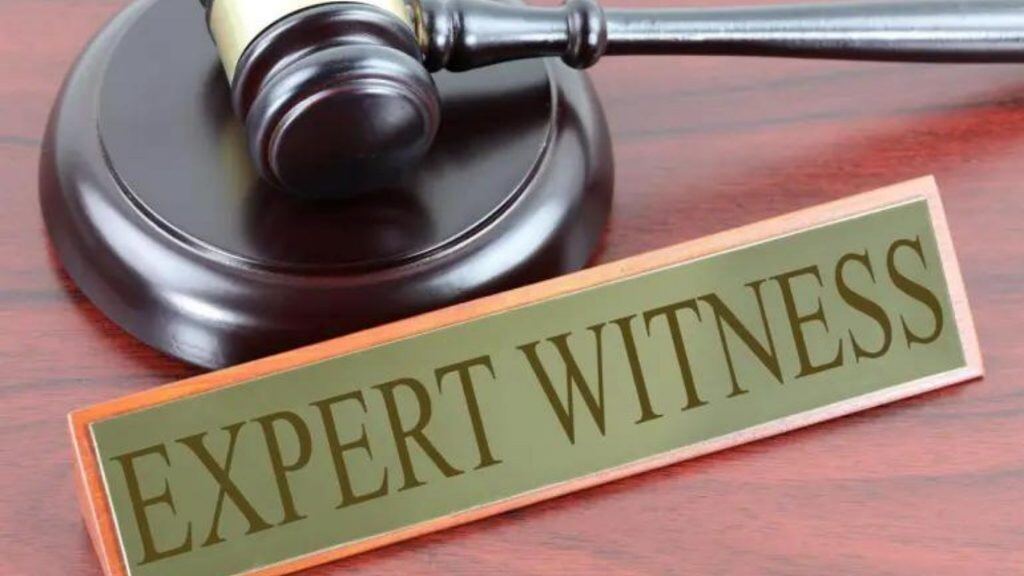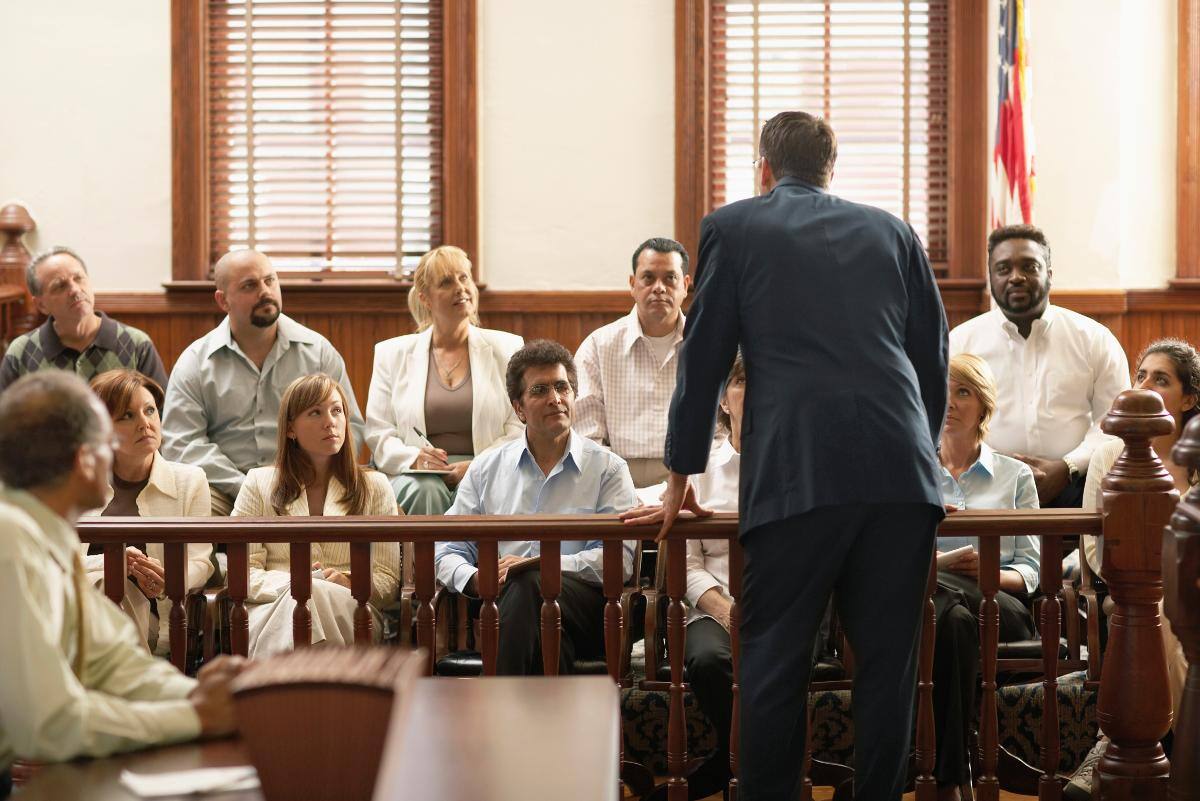In the warm embrace of the Caribbean sun, a quiet transformation is unfolding. The demand for...


In the realm of legal proceedings, the presence of an expert witness is often paramount. These individuals bring a wealth of specialized knowledge and experience to the courtroom, shedding light on complex subjects that might otherwise baffle judges and juries. However, the true essence of an expert witness is not merely their expertise but also their unwavering commitment to neutrality. In this article, we will delve into the significance of neutrality in an expert witness, exploring why it is a cornerstone of justice and an indispensable element in the pursuit of truth.
Expert witnesses play a pivotal role in court cases, offering their insights and professional opinions on matters that fall within their domain of expertise. Their testimony can influence the verdict by helping judges and juries comprehend intricate technical, scientific, or specialized subjects. Whether it's a medical malpractice case, a financial fraud investigation, or a criminal trial involving forensic evidence, expert witnesses provide valuable information that can significantly impact the outcome.

Neutrality is the bedrock upon which the credibility of an expert witness stands. It refers to the impartiality and objectivity displayed by the expert throughout their involvement in the case. The neutrality of an expert witness is of paramount importance for several reasons:
A Fair and Impartial Evaluation: The primary purpose of a legal proceeding is to arrive at a just and fair resolution. An expert witness's neutrality ensures that their testimony is unbiased, allowing the court to make informed decisions based on facts and evidence rather than personal opinions or biases.
Credibility: A neutral expert witness is more likely to be seen as credible by the court, the opposing party, and the jury. Their impartiality enhances the trustworthiness of their testimony and bolsters their reputation as an objective authority in their field.
Adherence to Ethical Standards: Neutrality is a fundamental ethical principle for expert witnesses. It obligates them to provide honest, accurate, and balanced assessments, without favoring one party over another. Expert witnesses who fail to maintain neutrality risk damaging their professional reputation and facing ethical or legal consequences.
A Balanced Presentation of Evidence: In a legal case, both parties present their arguments and evidence. An impartial expert witness ensures that the court receives a balanced view of the facts, allowing for a more comprehensive understanding of the issues at hand.
Facilitating Settlements: Neutrality can also play a crucial role in facilitating settlements or alternative dispute resolution processes. Parties are more likely to reach mutually acceptable agreements when they have confidence in the objectivity of the expert witness's opinions.

Maintaining neutrality is not always easy for expert witnesses, especially when they are passionate about their field or the subject matter at hand. To uphold this vital principle, expert witnesses should:
Avoid conflicts of interest: Expert witnesses should disclose any potential conflicts of interest and take steps to mitigate them. This includes financial interests, personal relationships, or any other factors that might compromise their objectivity.
Base opinions on facts and evidence: Expert opinions should be grounded in solid research and supported by credible evidence. Conjecture, speculation, or personal bias has no place in an expert witness's testimony.
Be transparent: Expert witnesses should be open and transparent about their methodology, assumptions, and limitations. Honesty and forthrightness contribute to the perception of neutrality.
Be willing to testify for both sides: An expert witness should be prepared to provide testimony for either party, regardless of their personal beliefs or preferences. This demonstrates a commitment to impartiality.
Case: The State vs. John DoeI
In a high-profile criminal trial, John Doe was accused of a serious crime. The prosecution and defense teams each called expert witnesses to provide their opinions on forensic evidence related to the case. Two key expert witnesses in this trial were Dr. Sarah Johnson, a forensic pathologist, and Dr. Michael Smith, a forensic psychologist.
Case: Dr. Sarah Johnson (Forensic Pathologist)
Dr. Johnson was called as an expert witness by the prosecution. She had extensive experience in conducting autopsies and analyzing physical evidence in criminal cases. Throughout her testimony, Dr. Johnson maintained a demeanor of professionalism and dignity. She presented her findings objectively and explained the forensic evidence in a clear and unbiased manner. Dr. Johnson did not allow herself to be swayed by the prosecution's interests. She emphasized the importance of considering all possible scenarios and avoiding premature conclusions. When cross-examined by the defense, Dr. Johnson continued to display neutrality. She acknowledged the limitations of her analysis and was open to answering questions from both sides without showing any bias.
Case: Dr. Michael Smith (Forensic Psychologist)
Dr. Smith was called as an expert witness by the defense. He had expertise in evaluating the mental state and behavior of individuals involved in criminal cases.During his testimony, Dr. Smith remained composed and impartial. He provided an assessment of the defendant's mental health without leaning towards favoring the defense's argument. Dr. Smith explained the basis for his evaluations clearly, citing relevant research and psychological principles. He refrained from making speculative statements or drawing conclusions beyond the scope of his expertise. When questioned by the prosecution, Dr. Smith continued to exhibit neutrality and dignity. He did not allow himself to be drawn into heated debates and maintained a respectful tone throughout the cross-examination.

The neutrality of an expert witness is not a mere formality but an ethical imperative that upholds the integrity of the legal system. It ensures that justice is served by allowing the court to make informed decisions based on objective and unbiased expert opinions. As guardians of truth and fairness in the courtroom, expert witnesses must always prioritize neutrality, as it is a fundamental pillar of justice that cannot be compromised.
Contact us at Witness Experts for additional guidance!

In the warm embrace of the Caribbean sun, a quiet transformation is unfolding. The demand for...

The Eastern European region, with its rich tapestry of cultures, histories, and political...

The Caribbean, with its azure waters, palm-fringed beaches, and vibrant culture, is not only a...

In the bustling streets of Latin American cities, where the rhythm of life pulses with vibrant...
Begin your request below to get a quote.
